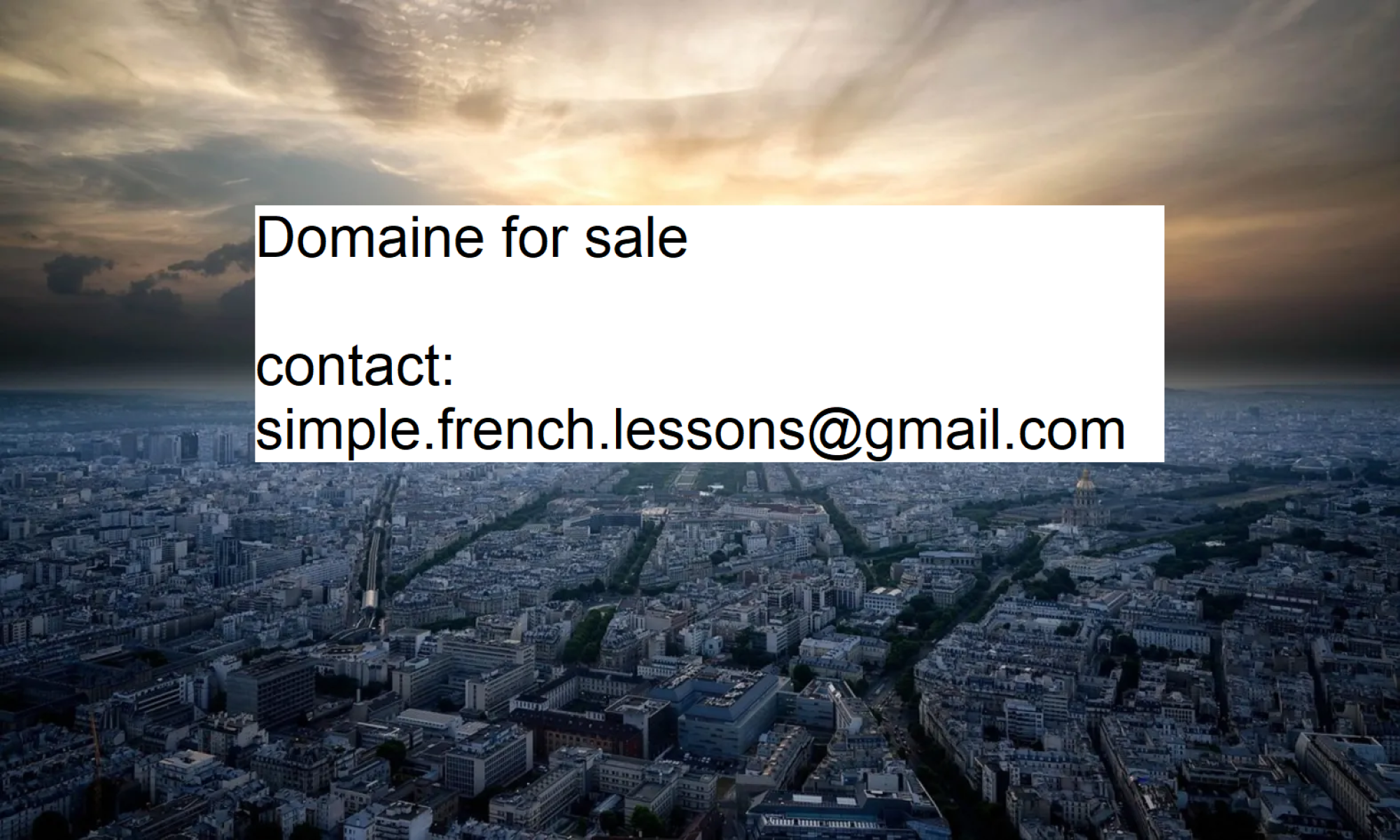It’s really important to master well the French adjectives as they are a lot different from the English ones for example. The French adjectives reflect the gender and the number of the noun(s) they describe. The French adjective can be either masculine, feminine, singular or plural. It seems like a lot but it is not that hard. Besides there are some simple rules that apply and the truth is that even the French sometimes confuse the correct forms of their adjectives. Here are the rules:
Adding “-e” to the adjective
Gender: Masculine or Feminine. Masculin ou féminin in French. The general rule is to add an “-e ” to the masculine adjective.
Exemple:
| Masculine | Feminine |
|
|
* When the masculine adjectives end on “-t “, “-d “, “-s “, normally you don’t pronounce these letters. It changes however when you add the “-e ” in the feminine form.
** If the masculine adjective ends in “-e “, nothing changes.
Doubled consonant
Sometimes the last consonant is doubled in the feminine form of the adjective:
| Masculine | Feminine |
|
|
Adjectives ending in “-x “
The masculine adjectives ending in “-x “ become “-se “ in the feminine.
| Masculine | Feminine |
but !
|
|
Strange cases
| Masculine | Feminine |
|
|
The placement of the French adjectives
In general, the French adjectives come after the noun they describe, unlike the English adjectives.
There are exceptions* of course. Some of the examples: autre, haut, petit, vieux, grand, faux, beau
- De l’autre côté de la rue
- Un très haut bâtiment
- Une petite rue
- Des faux amis

Exercises
Exercise 1:
Exercise 2:
Exercise 3:
In this exercise you need to chose which adjectives describe best the given painting. You need to chose between the positive and negative terms.


You must log in to post a comment.